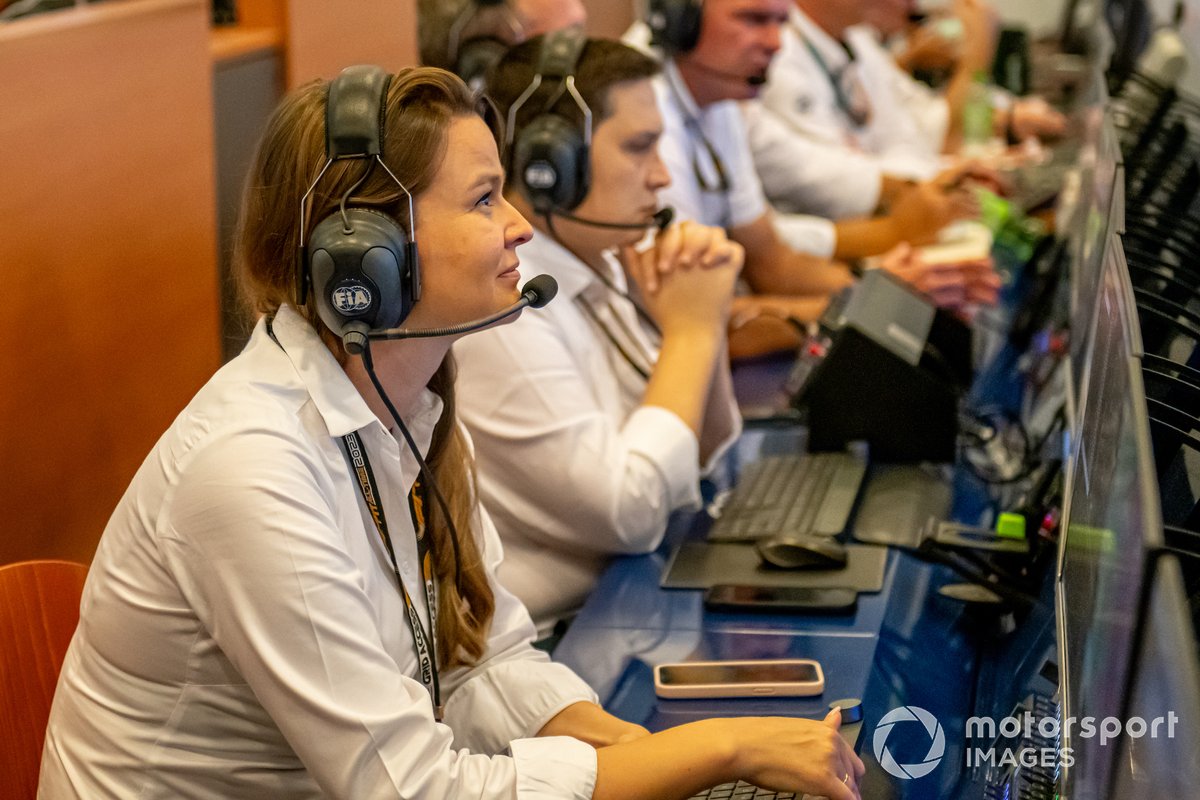Claire Dubbelman’s passion for motor racing ignited from a young age, largely due to her father Huub, who had a lengthy career in automotive journalism prior to becoming a PR executive for companies such as Mercedes-Benz Netherlands. When Claire was just five years old, during the early 1990s, she began following Formula 1 races. She recalls, “Since I was very small, my dad used to rouse me – always with my enthusiastic agreement – so we could catch Formula 1 together. This included waking up early even for the Australian Grand Prix, which typically marked the start of each season.”
Back when I was around nine years old, my dad took me to Zandvoort for the Masters race, an event that everyone considered essential at the time. Following this experience, we began visiting Zandvoort regularly for various races such as those held during Easter and Whitsun holidays. Spending a day at the racetrack turned into our favorite way to spend leisure time.
A solid foundation
Following her completion of secondary education, Dubbelman embarked on a study program focused on international communications, finishing it at just 21 years old. She recalls thinking after graduation, “If I am destined to be employed until the age of 65—or perhaps even longer as is common these days in the Netherlands—I must discover something that truly captivates me; otherwise, enduring such longevity within my career would prove difficult.” It was then that she ventured into the automobile industry. Initially, she spent half a year working in Carver’s marketing division, where they manufacture trikes. An opening soon presented itself with Formula Renault, leading her to join an organization representing Renault Sport across various northern European racing series. This marked her entry into competitive car racing.
Working in Formula Renault provided Dubbelman with a strong base for the remainder of her career. “A significant benefit of my start in motorsports was having to undertake various responsibilities,” she explains. “At one point, our team managed the whole Formula Renault Northern European Championship with only three members. If someone queried my role back then, I would joke that I handled anything except work requiring a screwdriver.”
She managed every aspect, including organizing the trophies, drafting press statements, assembling the entries, enforcing the sporting rules, and reserving accommodations. “I was seated beside the race director since I was responsible for conveying all the decisions to the teams via radio communication. This was an integral part of my duties.” It was through this position that she initially interacted with race control and the sporting guidelines. “In essence, these were the areas that captivated me the most.”
Working for the FIA
Her initial involvement with the FIA was through a freelance assignment: from 2012 to 2013, she acted as the FIA media delegate for the Formula 3 Euroseries, later renamed the FIA Formula 3 European Championship. According to Dubbelman, this experience helped her get noticed for a more permanent position within the organization. In 2017, she landed a full-time job at the FIA as a championship manager, focusing on managing events like Formula 2 and Formula 3. Starting in the latter part of 2022, she began serving as a race control operator in Formula 1, making sure the race director’s directives were carried out effectively. After successfully completing an entire season in that role during 2023, she was appointed to take up the duties of deputy race director beginning in 2024.
“That means I moved one seat to the left,” says Dubbelman about her most recent promotion. “Where I previously operated the software systems, I now have a much more executive role. Essentially, I’m the one sending the safety car onto the track and directing the medical services.” Additionally, Dubbelman is sporting manager at the FIA. “As sporting manager, I support the FIA sporting director in coordinating various matters. For example, the Super Licence Working Group falls under my responsibility, and I play a supporting role in the meetings of the Sporting Advisory Committee, which maintains and amends the sporting regulations. In short, it’s about everything needed on the regulatory side to keep the championship running.”
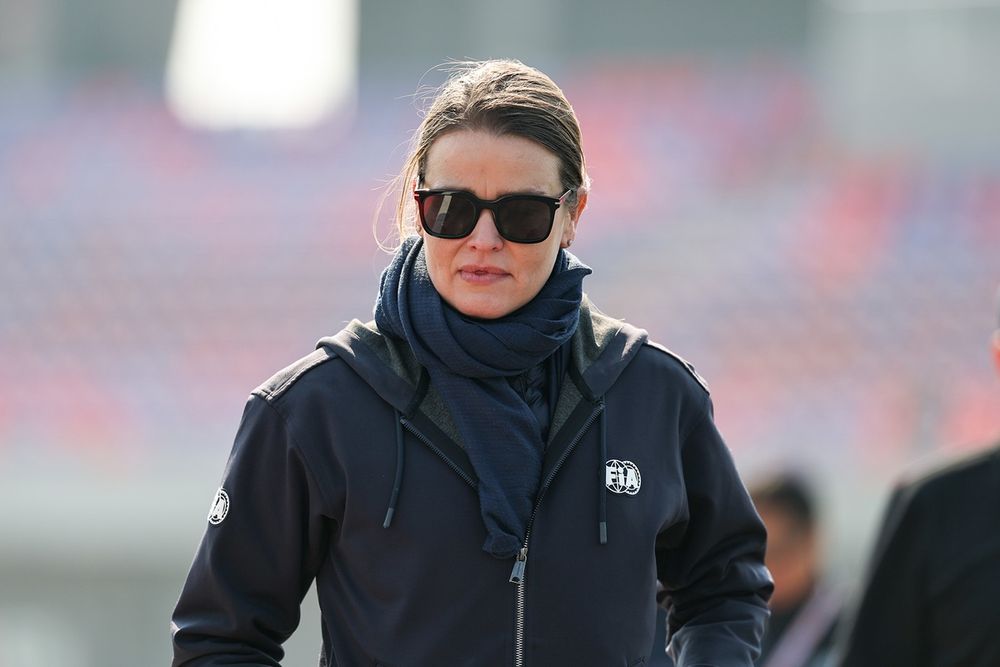
Claire Dubbelman, Deputy Race Director at FIA
Photo credit: Li Chao Paddocker / NurPhoto / Getty Images
Away from the track, she also spends a lot of time preparing for grands prix. “There are three of us in the Sporting Department: Tim Malyon (sporting director), Rui Marques (race director), and me as the deputy race director. The three of us are responsible for the entire sporting side of F1, which is quite intense.”
FIA race director superlicence
By this year, Dubbelman has acquired an FIA race director superlicense, indicating her readiness to assume the position of race director. According to Dubbelman: “The FIA determined that individuals making calls affecting races must possess such a license. Hence, unlike before when being a deputy race director did not always require holding a license, I obtained mine this year. This also implies that in case something happens to Rui—whether beneficial or detrimental—I would be able to fill his shoes.” Her eligibility led to the granting of the license; as per Dubbelman’s explanation, obtaining the documentation serves mainly as validation that she meets the criteria needed to act effectively as a deputy race director.
Dubbelman became the first Dutch citizen, the first female recipient, and at age 38, the youngest individual to earn the FIA race director superlicense. This achievement holds particular significance for her regarding gender representation. “It highlights just how challenging such roles can be for women, requiring immense sacrifices and persistence. Being the pioneering woman in this field fills me with great pride.” Additionally, she feels honored to be the inaugural Dutch holder of this distinction. “Despite being a relatively small nation, Holland has made substantial contributions to motor sports. To be recognized as the first from my country to attain this status makes me incredibly proud.”
More females at the table?
By the close of 2023, Dubbelman noted that she frequently found herself as the sole female participant at discussions, though improvements have been observed within Formula 1. She cautions, however: “Progress is slow. For example, in driver briefings—where attendees include FIA and FOM officials, team principals, sporting directors, and racing drivers—I’m usually still the lone woman nine out of ten times. While it isn’t necessarily hard, it can be quite striking—and occasionally disheartening. The sport has made significant strides across various fronts, yet being one of just a few women amidst such large groups underscores how much further we must go.”
Nevertheless, Dubbelman observes a favorable change within the FIA. “Our team at the FIA now includes more women, particularly in key positions. When I initially joined the organization, although there were many women present, they mostly held administrative roles. These roles are undoubtedly significant—I’m not diminishing their importance—but historically, women were far less prominent outside these areas. Currently, when you examine the FIA’s structure, the scenario has transformed completely. Women can be found working in every department.”
Our technical team includes a female scrutineer, our head of operations is a woman, our starter is also a woman, and our head of ceremonies holds this position as well. All these positions are highly noticeable. I am genuinely pleased that the FIA has made significant progress in achieving better gender diversity across various sectors.
In race control, Dubbelman is not alone as a woman anymore: “For every F1 race weekend, we have four positions to fill. This includes Tim, Rui, and myself. Additionally, there is the race control operator position which I used to hold. Now, this role has two individuals taking turns, and one of them happens to be a woman.”
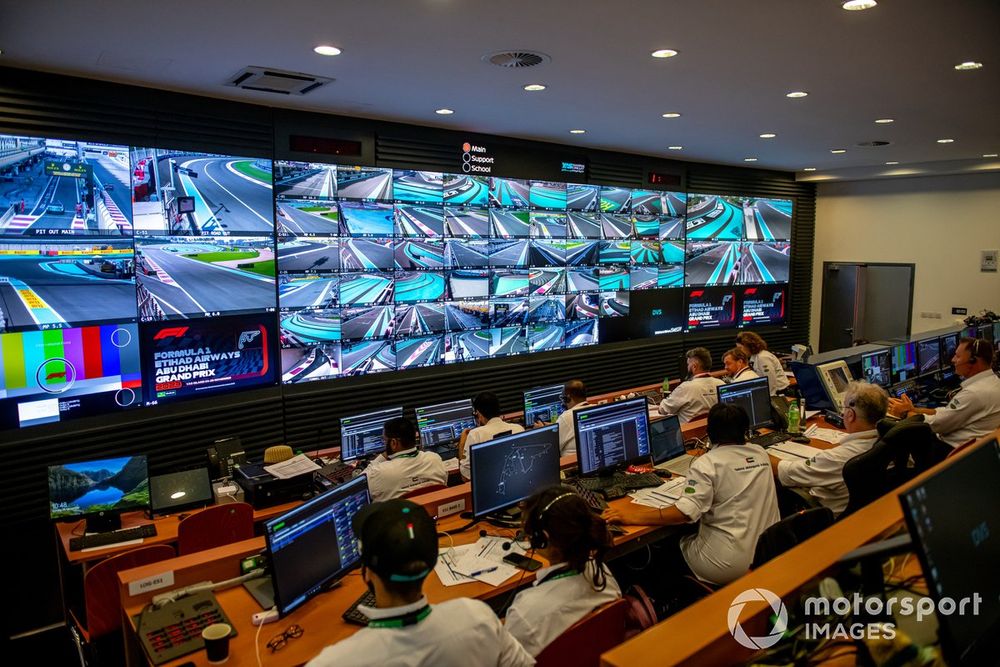
FIA F1 Race Control
Photo credit: Michael Potts / Motorsport Images
Could Dubbelman be the inaugural female F1 race director?
Dubbelman has previously expressed her desire to eventually take on the role of an F1 race director, provided it aligns with her conditions and comfort level. Has this aspiration grown stronger over recent years compared to before? “Absolutely. Our approach now emphasizes teamwork far more than in previous times. For many years, decision-making was largely concentrated in one individual’s hands. However, under leaders like Michael Masi and Niels Wittich, collaborative efforts have increasingly come into play. With Rui joining us, our collective endeavor has advanced even further.”
I’ve consistently maintained that it’s better to focus on the collective rather than an individual. This perspective would put me at ease with taking on the role of race director and aligns more closely with my personal values. As such, we have arrived at a stage where I am more receptive to potentially assuming the position of race director in the future compared to how I felt previously.
I believe I still have considerable personal growth ahead of me. It’s important for me to have enough time to mature professionally before discussions about taking on the role of race director begin. When I took on my present position, I expressed a desire to spend at least three years developing effectively and earning the trust and respect of those I collaborate with. In Formula 1—where gender plays a lesser role than individual capability—you must demonstrate your competence. Before anyone thinks about suggesting that I move into the top spot, I wish to be afforded the opportunity to establish myself as capable.
Dubbelman emphasizes that she would gladly remain as deputy race director for many more years. “However, there are no certainties in Formula 1; I am well aware,” Dubbelman admits, acknowledging the chance that she might get promoted to race director sooner than desired. “While I can express my preferences, it does not imply that others must heed them.”
Dubbelman, however, is resolved not to find herself thrust into an overwhelming situation. She confesses, “I’ve always had this concern. But our current collaborative approach provides me with greater assurance that someday I might be prepared for such challenges. Nonetheless, I believe there’s still a crucial step I must undertake before feeling fully ready.”
Read Also:
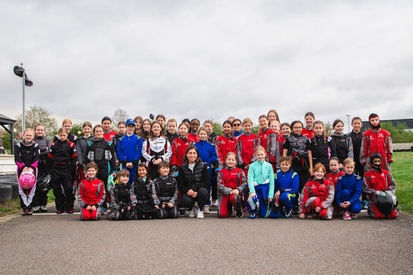
Chadwick expands hunt for upcoming women race car drivers
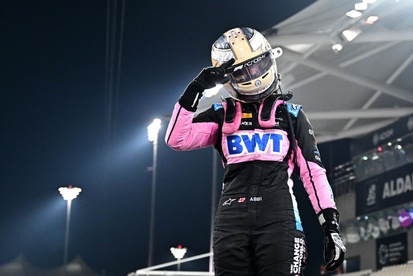
Top 10 Most Notable Female Celebrities of 2024

